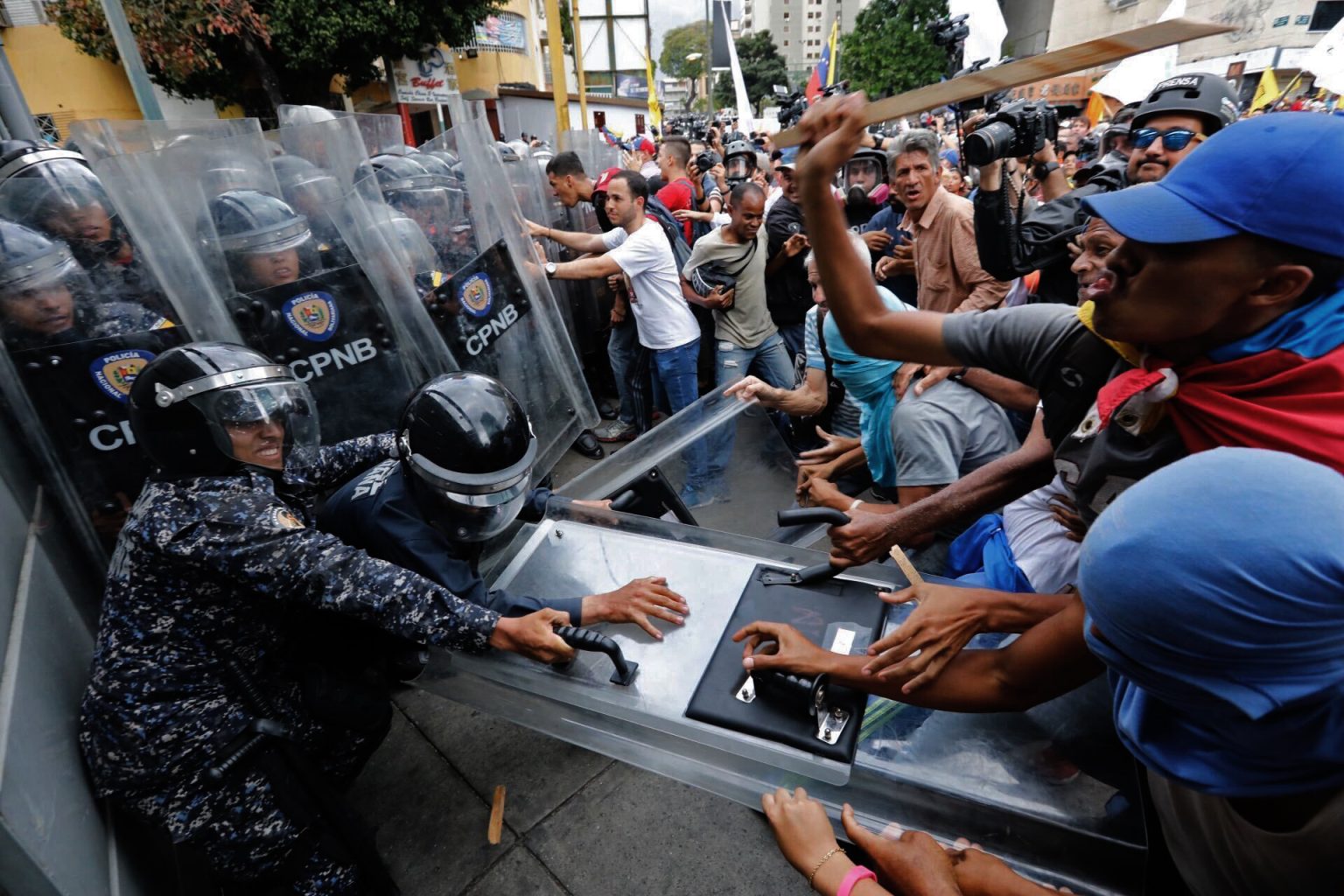The Venezuelan government under President Nicolas Maduro has recently announced the detention of five foreigners, including three US citizens, one from Bolivia, and one from Peru, on suspicion of antigovernment activities. Interior Minister Diosdado Cabello made the announcement, stating that the detainees spoke Spanish fluently, a requirement for them to involve themselves in communities. The crackdown on alleged foreign meddling comes in the aftermath of the controversial presidential election on July 28, which the opposition claims was fraudulent, with international observers also questioning its integrity.
After Maduro claimed victory in the election without providing transparent results, the opposition released voter tallies showing his rival as the true winner. International organizations like the Carter Center raised concerns about the legitimacy of the election, leading to calls for Venezuela to release the full results. Despite the criticism, Maduro has denied any wrongdoing and has used allegations of foreign interference to justify the government’s crackdown on dissent. The ongoing repression has heightened tensions within the country and strained relations with foreign governments, including the US and neighboring Latin American countries.
The detention of foreigners has been used by Maduro and his allies as a tool for leverage in international relations. In the past, Venezuela has exchanged foreign prisoners for the release of Venezuelan allies held in foreign custody, such as businessman Alex Saab in 2023. This tactic has been perceived as a move towards improving relations with countries like the US, which has imposed sanctions on the Maduro government for human rights abuses and democratic shortcomings. However, recent events, including the election controversy and the arrests of alleged CIA operatives, have further strained relations between Venezuela and the US, as well as other Latin American countries.
In addition to the recent arrests of three Americans, two Spaniards, and one Czech citizen on charges related to an alleged CIA plot to assassinate Maduro, at least 12 foreigners have been detained by the Maduro government. The detainees have been identified as David Guttenberg Guillaume, Jonathan Pagan Gonzalez, and Gregory David Werber from the US. The US State Department has expressed concerns for the safety of American citizens abroad and has pledged to gather more information on the situation. The trend of detaining foreigners in connection to alleged antigovernment activities reflects the heightened tensions and crackdown on dissent in Venezuela under Maduro’s regime.
The detention of foreigners suspected of antigovernment activities in Venezuela is emblematic of the broader crackdown on dissent and opposition voices in the country following the disputed presidential election. The Maduro government has faced criticism from both domestic and international stakeholders for its handling of the election, with accusations of fraud and lack of transparency. The use of foreign prisoners as leverage in international relations underscores the complexities of Venezuela’s relations with the US and other countries, as well as the ongoing challenges facing the Maduro government in maintaining power amidst mounting pressure. The arrest of foreigners adds to the growing concerns about the human rights situation and political instability in Venezuela, and raises questions about the future direction of the country under Maduro’s leadership.


